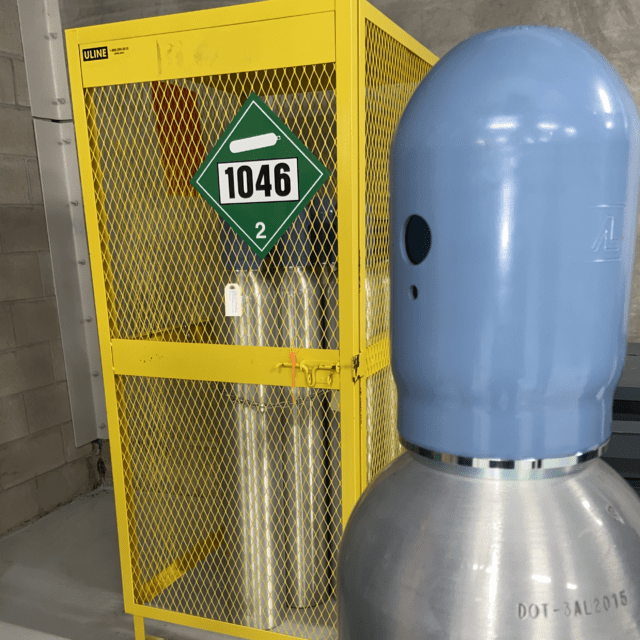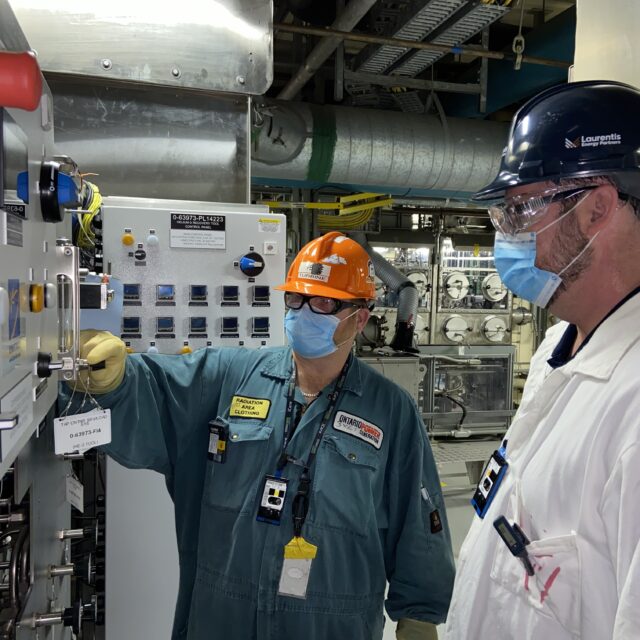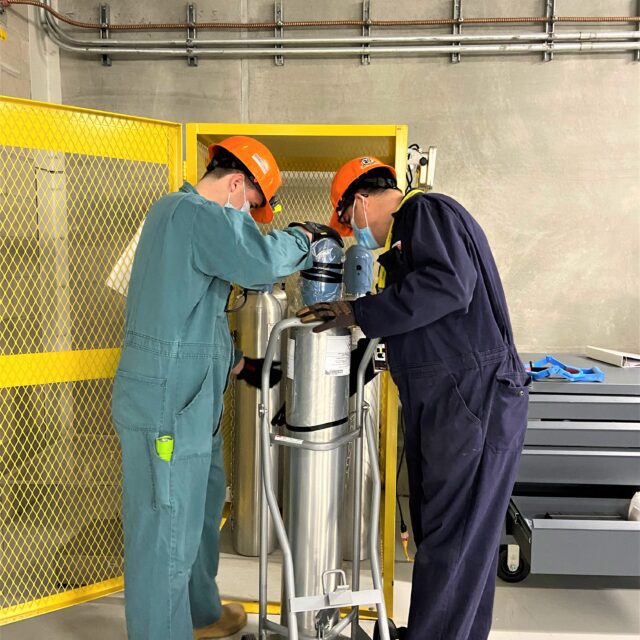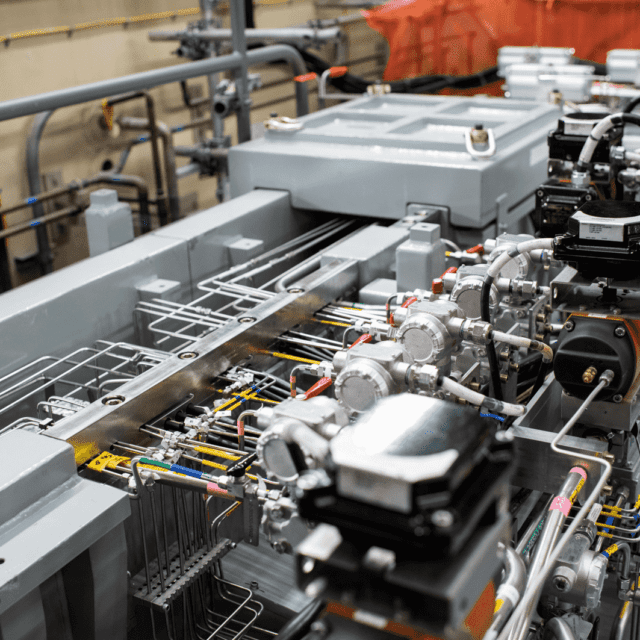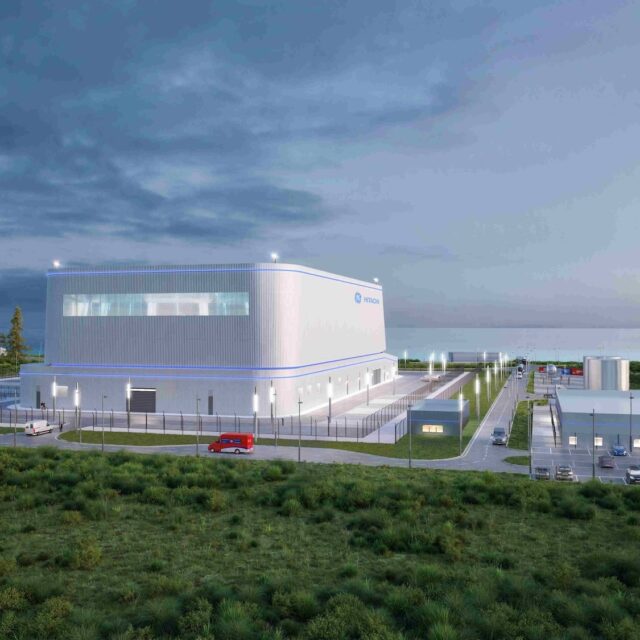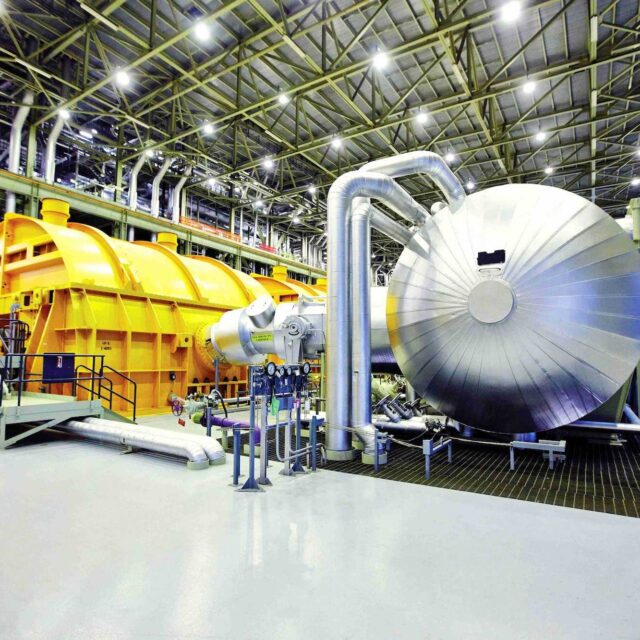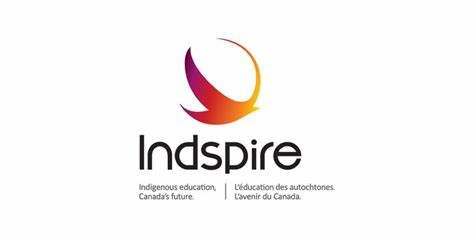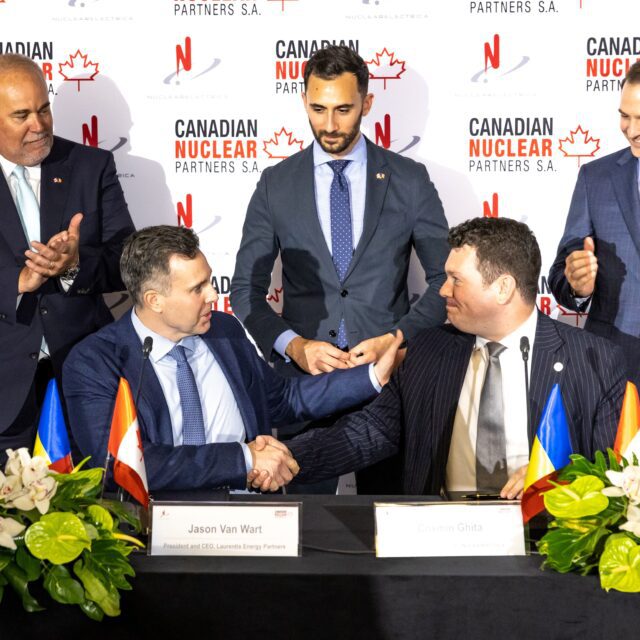Nuclear products the world needs
Laurentis’s product line includes radioisotopes for both medical and non-medical applications as well as specialized nuclear energy-related equipment. On this page, explore Laurentis’s products and their many applications.
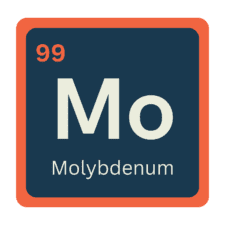
Molybdenum-99
Molybdenum-99, or Mo-99, is a life-saving medical isotope with broad applications that demonstrates Laurentis’s continued leadership in innovation. With its Mo-99 program, Laurentis is committed to supplying the world with the radioisotopes that are needed to improve people’s lives and push the boundaries of scientific discovery.
Meet Moly
Understand why Mo-99/Tc-99m is the most widely used isotope in nuclear medicine
66.02 hours
The half-life of Mo-99
Goldilocks
Radioactive long enough for imaging, short enough to be safe
30 million
The number of procedures each year that use Tc-99m
Securing a reliable, domestic supply of a critical, life-saving isotope
In 2018, Canada’s National Research Universal reactor was shut down, cutting off an important supply of molybdenum-99 (Mo-99). In fact, since then, all North American hospitals have had to import their Mo-99 from Europe, Africa and Australia.
Seeing the danger this posed to patient health and medical innovation here in North America, Laurentis and its partner, BWXT Medical Ltd., set out to ensure a reliable, domestic supply of this radioisotope that is so essential to the nuclear medicine supply chain.
At its fabrication facility in Peterborough, Ontario, BWXT Medical produces Mo-99 components that are then delivered by Laurentis’s specialized Target Delivery System into Ontario Power Generation’s (OPG) Darlington Nuclear Generating Station for irradiation. This system makes Darlington the first commercial nuclear reactor to produce Mo-99. Once irradiated and extracted from the Darlington reactor, BWXT Medical processes the Mo-99 to supply its Tc-99m generators.
In 2021, Laurentis and BWXT Medical received regulatory approval from the Canadian Nuclear Safety Commission to modify the Darlington nuclear reactor to produce Mo-99. In mid-2022, following extensive collaboration, design work, regulatory licensing, manufacturing, planning, and installation, the Mo-99 Target Delivery System at Darlington Unit 2 officially reached the system energization milestone, enabling preliminary testing of the partially installed system.
By the end of 2022, Laurentis and BWXT Medical had installed the system and fully commissioned it, bringing the company one step closer to providing a domestic supply of Mo-99 to serve patients and doctors throughout North America. In 2024, Laurentis and BWXT Medical began irradiating and harvesting Mo-99. The harvested Mo-99 is now being analyzed and validated in order to achieve FDA approval. Laurentis is aiming for FDA approval by the end of 2024, with the first commercial production of Mo-99 set to begin in 2025.
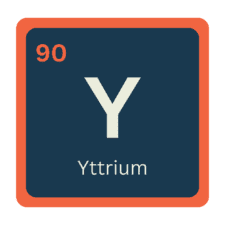
Yttrium-90
Y-90 is a medical isotope that is used to treat several types of cancer.
Industry teamwork makes the Y-90 dream work
At OPG’s Darlington Nuclear Generation Station, Laurentis’s Target Delivery System (TDS) will be used to irradiate yttrium-89, which forms Y-90. Once irradiated, Y-90 will be sent to BWXT Medical Ltd.’s facility in Kanata, Ontario, to be packaged and then distributed to more than 30 countries globally for use in targeted radiation therapy to kill cancer cells and shrink tumours. Pending regulatory approvals, Laurentis expects to begin production of Y-90 in the latter half of 2025.
This innovative and alternative approach to cancer treatment is instrumental in treating several diseases, but is predominantly used to fight liver cancers. The Y-90 produced by Laurentis and BWXT Medical will be used by Boston Scientific’s TheraSphere™ Y-90 Glass Microspheres. TheraSphere™ is a Health Canada and FDA-approved radioembolization treatment which has proven to downsize and destroy tumours, ultimately extending the survival of patients with Hepatocellular Carcinoma, the most common type of primary liver cancer. TheraSphere™ is also in early-stage clinical trials to treat glioblastoma, a highly aggressive form of brain cancer from which more than 90 per cent of patients die within five years of diagnosis.
Laurentis is on course to begin production of Y-90 thanks to the TDS, an isotope irradiation system that was developed and installed by Laurentis and BWXT Medical. Because of the unique design of CANDU reactors, medical isotopes such as Y-90 can be produced and harvested while the reactor is online, without disrupting the generation of clean energy.
The production of Y-90 using the TDS will represent a significant breakthrough for Laurentis and its partners and a major milestone for nuclear science’s contributions to the well-being of people around the world. It offers innovative and alternate approaches to cancer diagnosis and treatment.
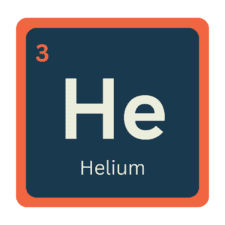
Helium-3
Stable, non-radioactive, inert and in global demand, He-3 is a rare isotope that Laurentis provides to clients around the world.
He-3 is no lightweight
A useful and in-demand isotope
From border security to medical imaging and quantum computing, helium-3 (He-3) is a busy isotope—and it just happens to be a by-product of CANDU nuclear reactors.
To meet growing global demand for He-3 and its variety of applications, in 2021 Laurentis announced that it would begin harvesting He-3 from tritium stored at the Darlington Nuclear Generating Station. The tritium is a byproduct of the heavy water used in Darlington’s CANDU reactors. While it is stored, tritium naturally decays into He-3.
To extract the He-3, Laurentis developed a new, custom-designed tool. When extraction began in late 2021, Laurentis became the world’s first non-military source of He-3. A partnership with Air Liquide, an expert in gas management and extreme cryogenics, further purifies and packages the He-3 for distribution to clients around the world in health care, security, and advanced research.
In 2022, Laurentis responded to increased demand by stepping up its production of He-3 and is now one of the world’s largest suppliers of this critical and in-demand isotope.

